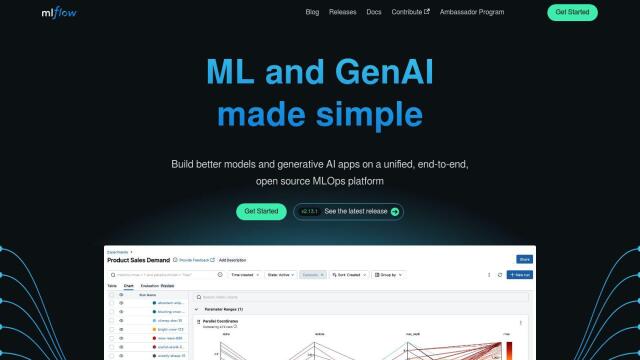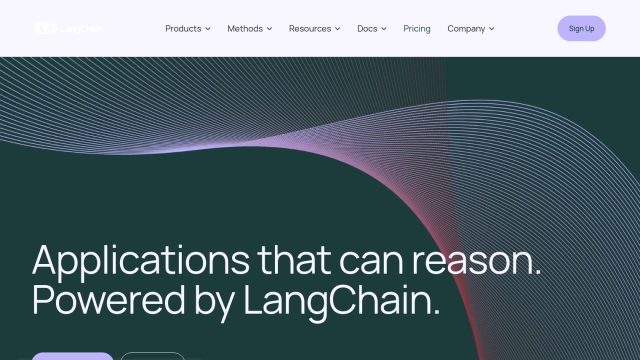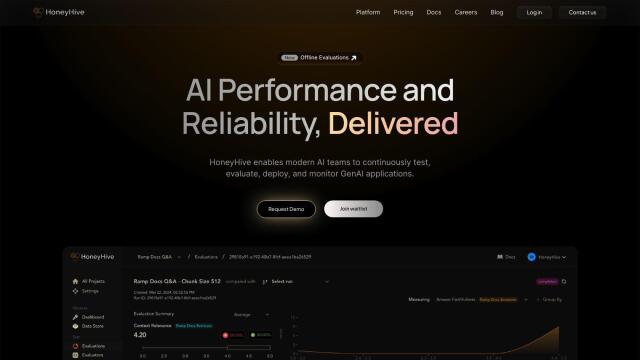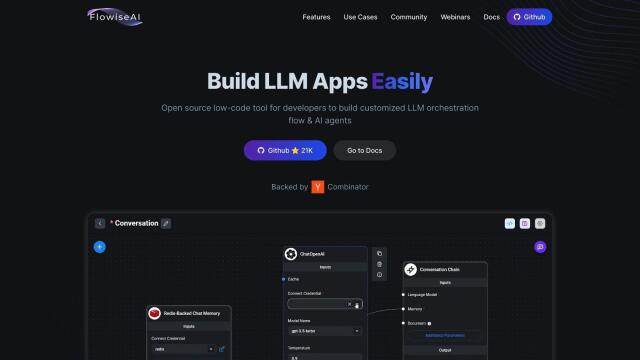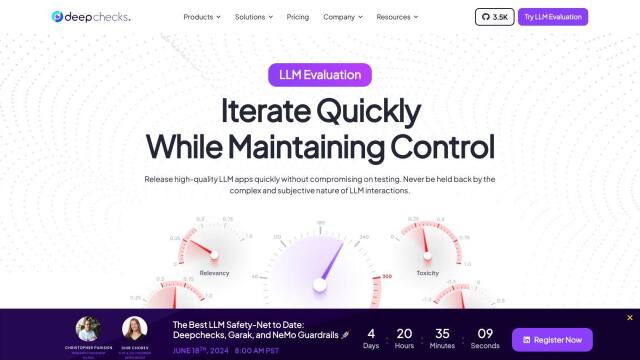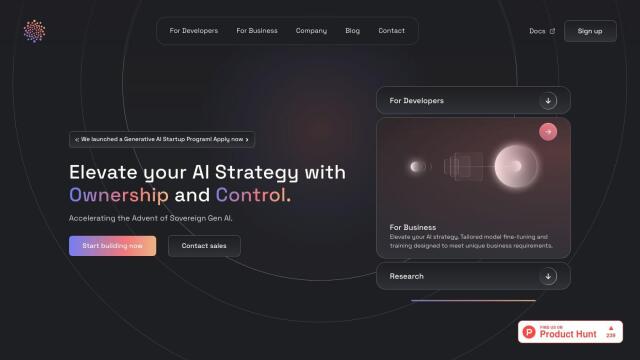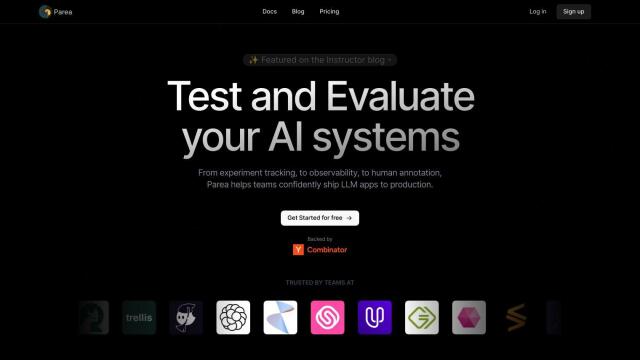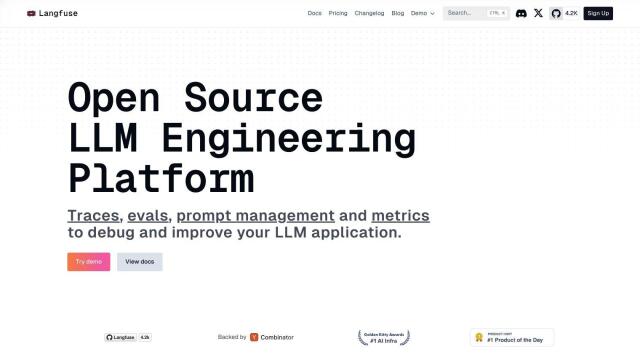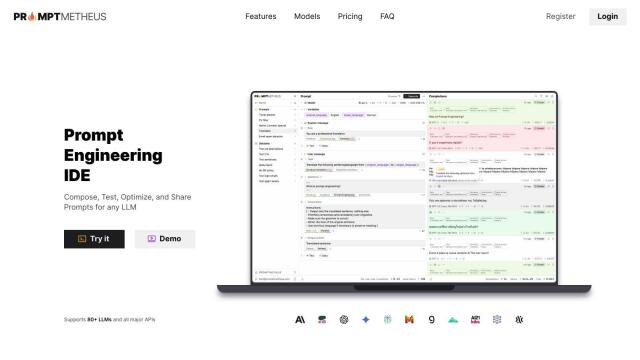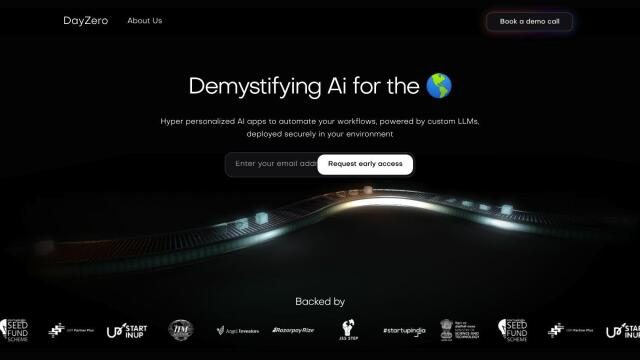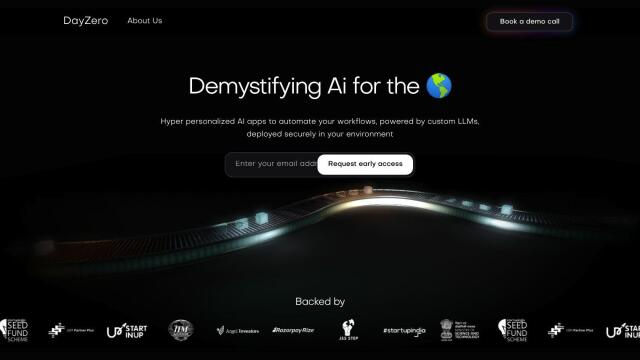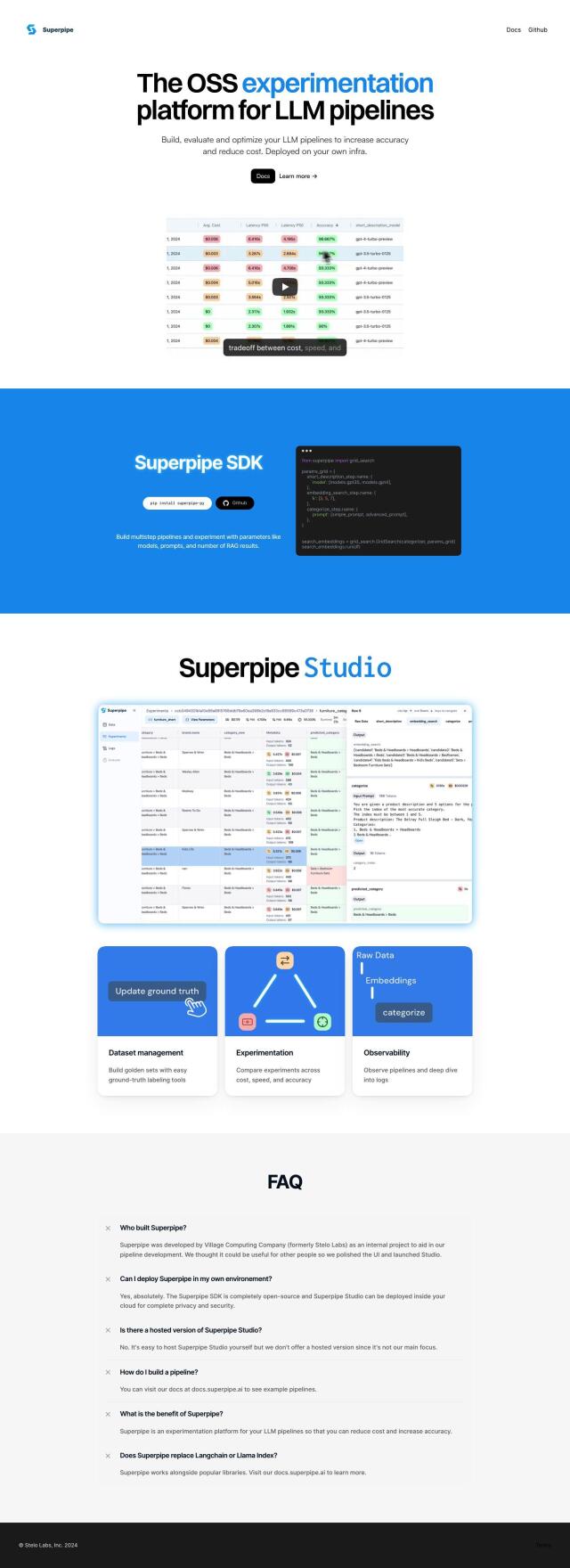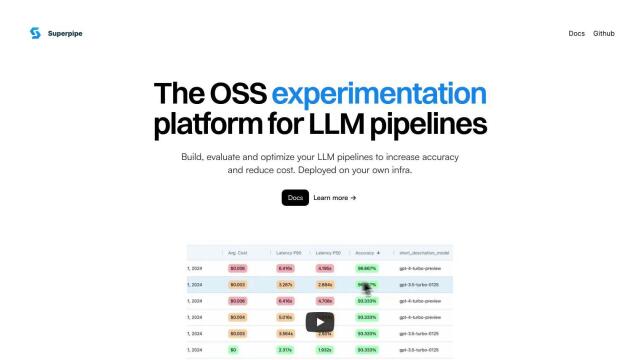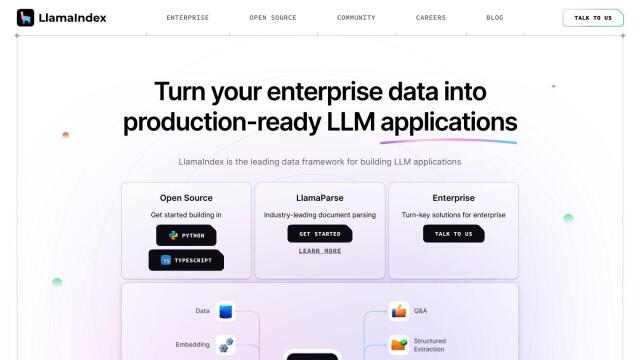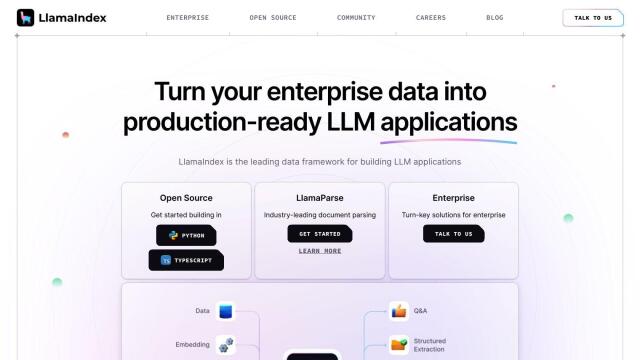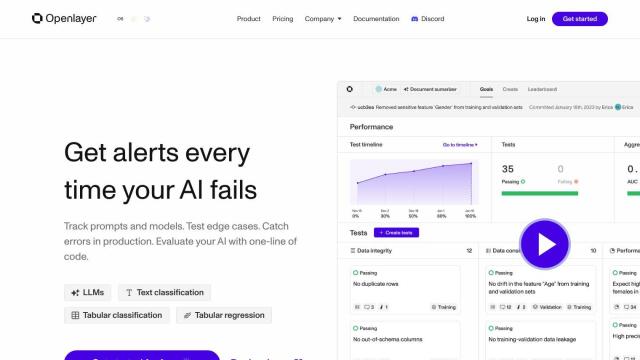Question: I'm looking for a platform that streamlines the development and optimization of large language models for my AI applications.


Humanloop
The first project, Humanloop, is an all-in-one platform to manage and optimize LLM application development. It helps to solve common problems like suboptimal workflows and collaboration challenges. Humanloop is a collaborative playground for developers, product managers, and domain experts with tools for prompt engineering, evaluation, and monitoring. It also supports major LLM providers and includes SDKs for easy integration, making it good for both fast prototyping and enterprise-wide deployment.

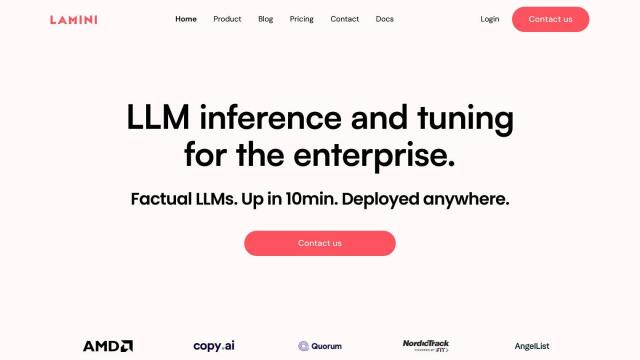
Lamini
Another top contender is Lamini, an enterprise-focused platform for software teams to build, manage and deploy their own LLMs. It includes features like memory tuning, high-throughput inference and deployment in a variety of environments, including air-gapped environments. Lamini manages the full model lifecycle, from selection to deployment, and can be installed on-premise or in the cloud, making it a good option for large-scale LLM operations.

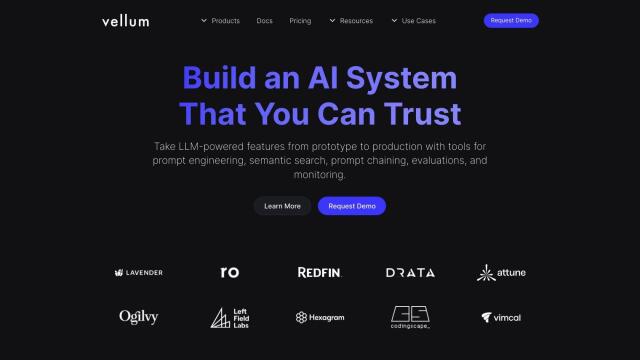
Vellum
For those who need a powerful tool to manage the full lifecycle of LLM-powered applications, Vellum is a collection of tools for prompt engineering, semantic search and prompt chaining. It features tools such as rapid prompt engineering, complex multi-step chain composition and large-scale prompt evaluation. Built for enterprise scale, Vellum prioritizes security, privacy and scalability, making it a good option for running AI applications.

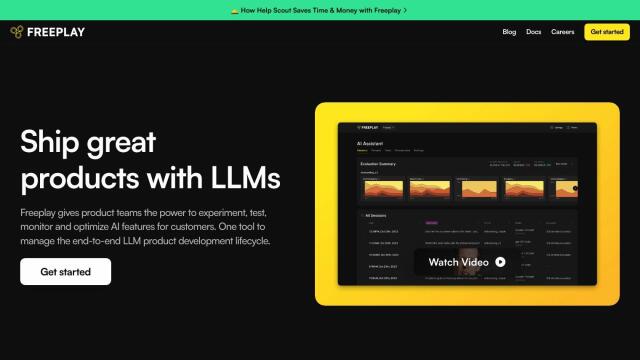
Freeplay
Last is Freeplay, an end-to-end lifecycle management tool that helps product teams develop LLM applications more efficiently. It features tools like prompt management, automated batch testing and AI auto-evaluations. With a focus on quality and cost effectiveness, Freeplay is geared for enterprise teams looking to move beyond manual and laborious processes, providing a single pane of glass for efficient AI product development.



